Guest Column by Josh Gallagher on bridging the generation gap
GUEST COLUMN: Bridging The Generation Gap: How Nutrition Can Bring Old-Age Values & New-Age Desires Together
By Josh Gallagher, Chief Strategy Officer, Havas Group, APAC
Rabindranath Tagore’s famous quote, “Age considers; Youth Ventures” has never felt as prophetic as in the case of Indian parents in the new, modern and vibrant India.
India has overtaken Hollywood in the number of cinema tickets sold by an overwhelming billion tickets. India is the fastest growing e-commerce market according to a Forrester report, currently with a value of US$ 16 billion and projections to reach US$ 64 billion in 2021. India is pushing children directly from the sidewalk to the stage and from the classroom to the virtual boardroom.
In particular, the digital world has become the Indian child’s playground. The mobile phone has become ubiquitous, with children in once ‘dark markets’ now able to access entertainment across borders like never before.
The current generation of Indian children is understandably the most socially connected generation, with a recent survey claiming that 81 per cent of children between 8-16 years are active on social network. It is here that children will make friends, negotiate conflicts and perhaps even discover love.
It is a different world from what the current generation of parents grew up in and also the previous generations, making the gap between the three generations - a generation-canyon.
What does this mean for parents?
Technology will offer Indian children vast advantages as they learn languages from around the country and abroad, collaborate with Silicon Valley and break through borders to new uncharted territories. Children will define success in a very different way – 99% on a test becomes 99 bids on a Kickstarter fund to get their latest venture off the ground.
But this access to more people and opportunities in an instant will also make them vulnerable in ways that current parents are largely unequipped to deal with and the older generations even more so.
What does it mean for children?
As perspectives of success change, modern Indian kids will look to their parents for more than just the discipline to succeed. Currently, India’s parents put 4 times the amount of pressure on their children when compared to the US (Pew Research Centre).
The distance that technology creates will make it easier to lose the bond of values and identity. It is important that the foundations of parenting remain present for children to adapt and succeed in the new world.
Who can help?
Nutrition has been the cornerstone of a child’s development over the generations. With the pressures of modern society, the value of nutrition has increased manifold. Nutrition is not just about us growing taller or building muscle strength but a meal is supposed to set us on the right path as we brave the world for the day.
The importance of nutrition lies in its ability to help children rise to modern challenges as they look to achieve more in school and have a better career prospects but also to gain maturity in the face of challenges to values and identity.
What can nutrition brands do?
A recent Havas Meaningful Brands study, which sampled mothers who buy health food and drinks across India, uncovered that parents of children in their formative years (age 6-12) look to leading nutrition brands to not only advise on developing skills or achieving holistic growth but to help them to make the world a better place.
More mothers now believe that personal benefits (58%) like increasing self-esteem or inspiring new ideas, are more important than functional benefits (55%) like having innovative product ingredients.
In fact, 46% of all Indian mothers surveyed aspire to receive information for self and societal benefit from brands versus 14% of mothers, who look to quality products where only a child’s physical or mental development is of concern.
Keeping the aspirations of Indian mothers in mind, brands should look to educate and provide a supportive bridge in the ever-increasing complex world between parents and their children, not just reinforce parents desire for their children to succeed at all costs.



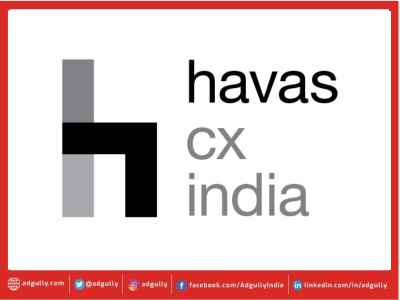

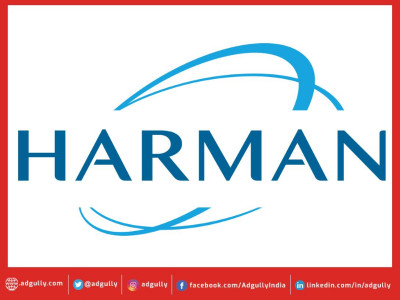
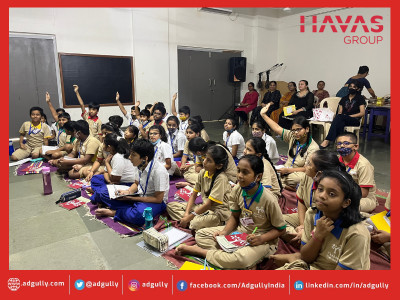

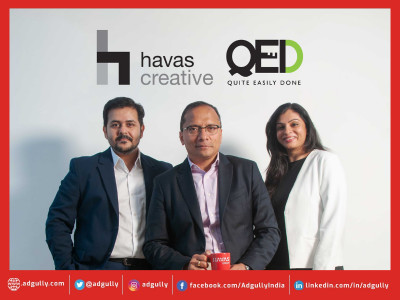
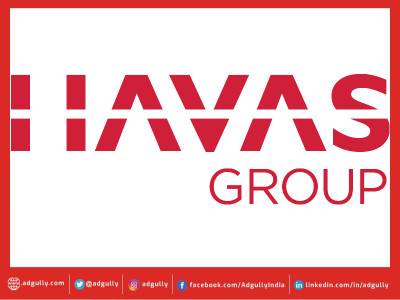

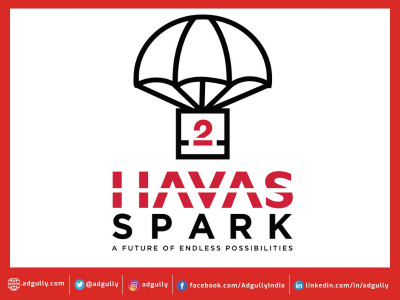
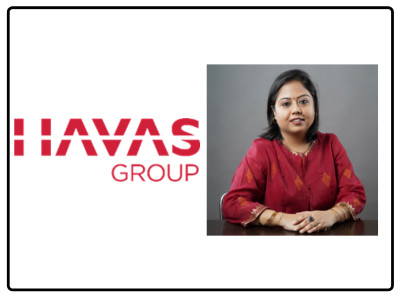



Share
Facebook
YouTube
Tweet
Twitter
LinkedIn